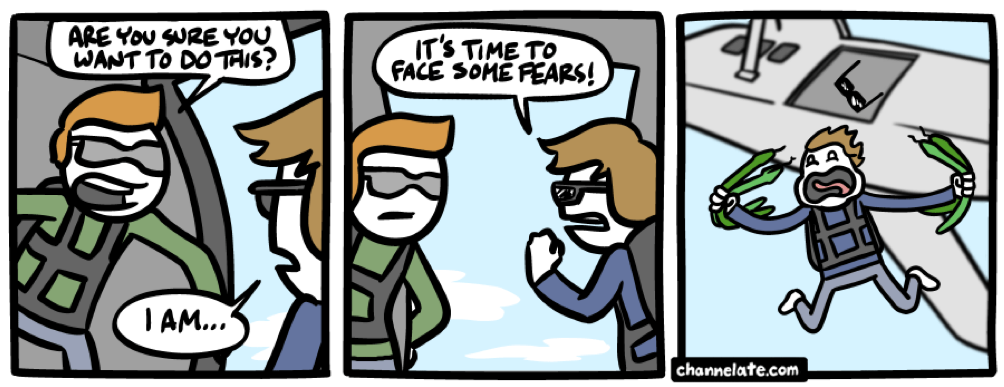
Sure, it’s a tough time for everyone, isn’t it? But it’s a lot worse for the already disadvantaged, and it’s only going to go downhill from here. I suppose that most people who read this blog can certainly think of myriad ways they are, in fact, still privileged and very fortunate (I know that I am).
Nonetheless, quite a few of us I suspect are rather ground down by the onslaught of bad news, some of which I’ve been responsible for perpetuating myself. Add lock downs, dwindling job security, and the prospect of dying tragically due to lung infection, many have become exasperated.
I once wrote that being a conservation scientist is a particularly depressing job, because in our case, knowledge is a source of despair. But as I’ve shifted my focus from ‘preventing disaster’ to trying to lessen the degree of future shittyness, I find it easier to get out of bed in the morning.
What can we do in addition to shifting our focus to making the future a little less shitty than it could otherwise be? I have a few tips that you might find useful:
Read the rest of this entry »




